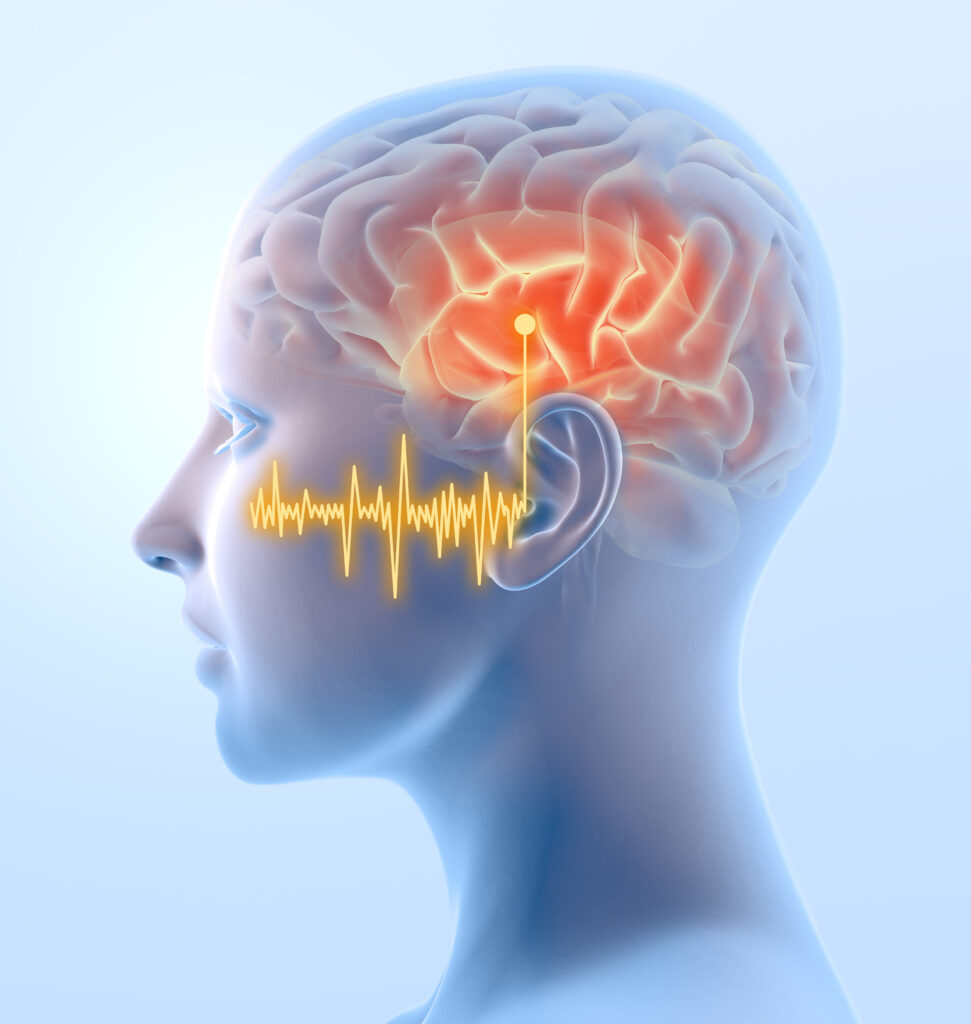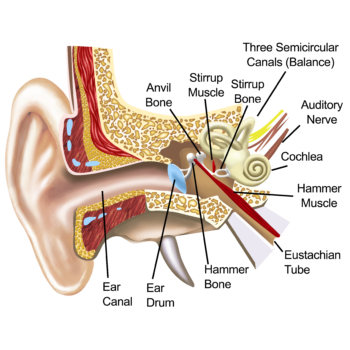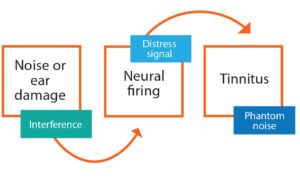Information sheet
- Home
- Information Sheets
- Tinnitus, Hyperacusis and Sound Therapy
Article Summary
- Tinnitus is the experience of sound inside the ear or brain of the listener, even though there is no external sound source.
- The causes of tinnitus are varied, and include exposure to loud noise, injury, stress or ear malfunction. Both the ear and brain are involved.
- Sound Therapy is a unique treatment approach that rehabilitates the auditory system using special sound-filtering algorithms, effecting changes at both the physical and neurological level.
- Clinical evidence has verified the effectiveness of Sound Therapy in tinnitus cases.
- Sound Therapy has also proven effective in reducing sound sensitivity (hyperacusis). Sound Therapy works in six different ways to improve tinnitus and hyperacusis.


What is tinnitus?
Tinnitus is the condition where a phantom noise is heard inside the head. It may be continuous or intermittent, loud or soft. The sound can be anything from ringing to buzzing, hissing, rustling or roaring.
What causes it?
Tinnitus can be caused by noise damage, head injury, infections, viruses or certain medications. Compounding factors include stress, fluid or wax blockage in the ear, and jaw or neck tension. Tinnitus is thought to begin in the inner ear, and the noise is then perpetuated by the brain. Physical causes of tinnitus include damage to the sensory cells in the inner ear and hyperactive brain pathways.


How Sound Therapy can help tinnitus
Sound Therapy uses music that has been filtered through special processes designed to stimulate the ears and remap auditory pathways in the brain. It provides specific stimulus to the muscles and sensory cells in the ear, which can improve signals sent to the brain, helping to build a more accurate auditory map that reduces tinnitus sounds.
New research on brain plasticity indicates that building new neural pathways for sound can in some cases reduce or eliminate the tinnitus response. (Nelson, 2008, Tinnitus Causes and Treatment in Science Notes.)
Sound Therapy is also thought to restructure links between various brain centres, helping to break the association between tinnitus and stress.
Hyperacusis (sound sensitivity)
Sound sensitivity can exist either with tinnitus or separately from tinnitus. A person may be sensitive to certain sounds or to loud sounds in general.


How Sound Therapy can help hyperacusis and tinnitus
- Rehabilitating the ear and improving the ability of the brain to receive sound accurately
- Restoring the ability of the auditory system to moderate the volume of sounds that reach the brain
- Remapping brain pathways and reducing hyperactive neural firing
- Partial masking to reduce the awareness of the tinnitus
- Reduced perception in the brain of the loudness of the tinnitus sound.
What happens with Sound Therapy and tinnitus, as far as I can surmise, is that it revitalises the brain cells which have been the cause of brain cell hyperactivity. Such hyperactivity is caused by stress, anxiety and depression. Sound Therapy has succeeded where tinnitus maskers have failed because it has a soothing effect on the body as a whole, calms the mind and revitalises the rundown brain cells.
Clinical support for Sound Therapy
Eric Jordan (Chief Audiometrician, Royal Albert Edward Infirmary, England) conducted double-blind tests with Sound Therapy over a two-year period and reported a high degree of success with tinnitus patients.
Jordan wrote: “What happens with Sound Therapy and tinnitus, as far as I can surmise, is that it revitalises the brain cells which have been the cause of brain cell hyperactivity. Such hyperactivity is caused by stress, anxiety and depression. Sound Therapy has succeeded where tinnitus maskers have failed because it has a soothing effect on the body as a whole, calms the mind and revitalizes the rundown brain cells.”
Sound Therapy is also thought to restructure links between various brain centers, helping to break the association between tinnitus and stress.
Start Getting Relief Today
Click here to choose your package











